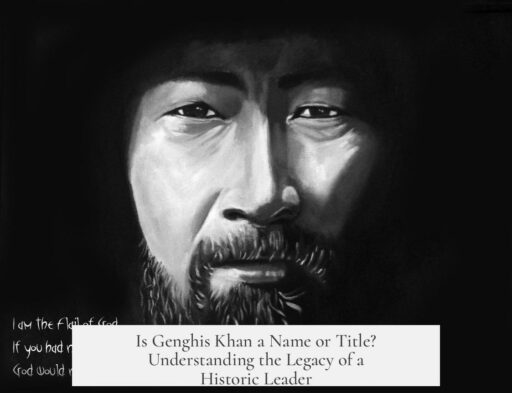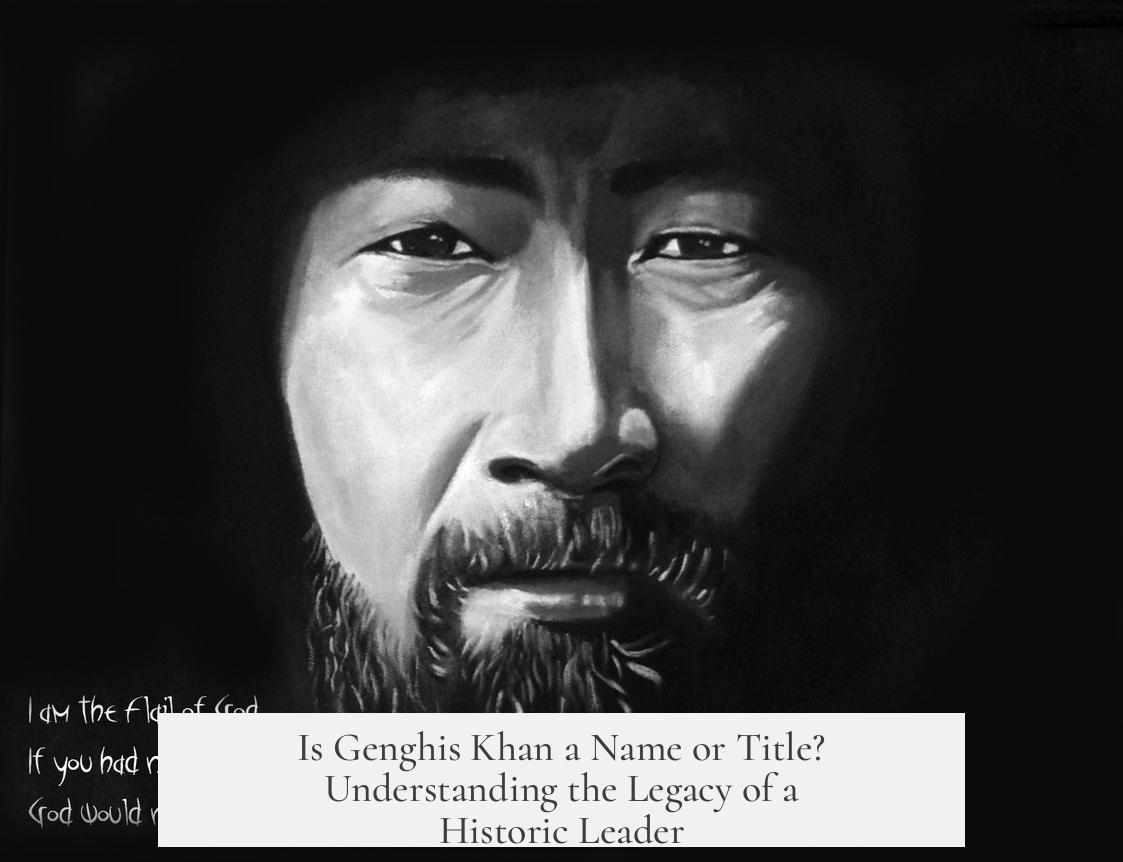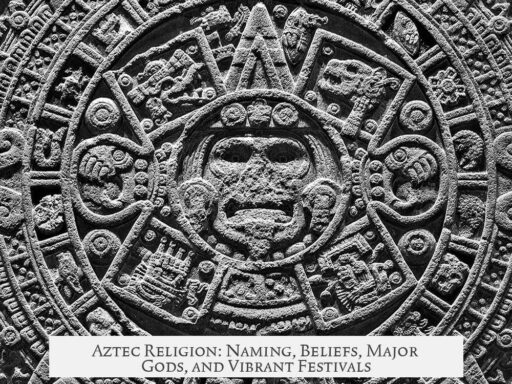Genghis Khan is primarily an honorific title rather than a personal name. The name given at birth was Temüjin, as historical sources like the Secret History of the Mongols record. The name “Genghis Khan” (or Chinggis Khan) combines a term meaning “firm” or “fierce” and the traditional Turkic-Mongol title “Khan,” which signifies a ruler or leader. Thus, it serves as a title expressing authority rather than a birth name.
Temüjin was born to Lady Hö’elün and Yisügei Ba’atur. At birth, he was named Temüjin, a name inspired by a captured Tatar leader of the same name. He had three brothers and a sister. Temüjin’s personal name remained distinct from the title that he later assumed.
Modern scholars interpret “Genghis Khan” as an honorific title given when Temüjin rose to power as the supreme leader of the Mongols. This interpretation became more widely accepted by historians toward the late 20th century. For example, Igor de Rachewiltz, a translator of the Secret History of the Mongols, proposed that “Genghis Khan” means “firm ruler” or “fierce ruler.” Timothy May, a leading expert on the Mongol Empire, supports this understanding and uses “Temüjin enthroned as Chinggis Khan” to emphasize the title’s ceremonial nature.
Japanese archaeologist Noriyuki Shiraishi also changed his stance over time. Initially, he treated Genghis as a personal name. Later, he acknowledged it as a personal honorific title combined from two parts. Importantly, the title “Genghis Khan” was exclusive to Temüjin and was not passed down to his descendants, unlike the hereditary title “Khan.”
- Temüjin is the birth name; Genghis Khan is a later title.
- “Genghis” likely means “firm” or “fierce,” combined with “Khan” (ruler).
- The title began to be accepted as honorific only in modern scholarship.
- It was not inherited by successors—it belonged only to Temüjin.
- The title marks the formal enthronement as supreme ruler around 1206.
Is Genghis Khan a Name or Title? Unpacking the Legacy of a Fierce Leader
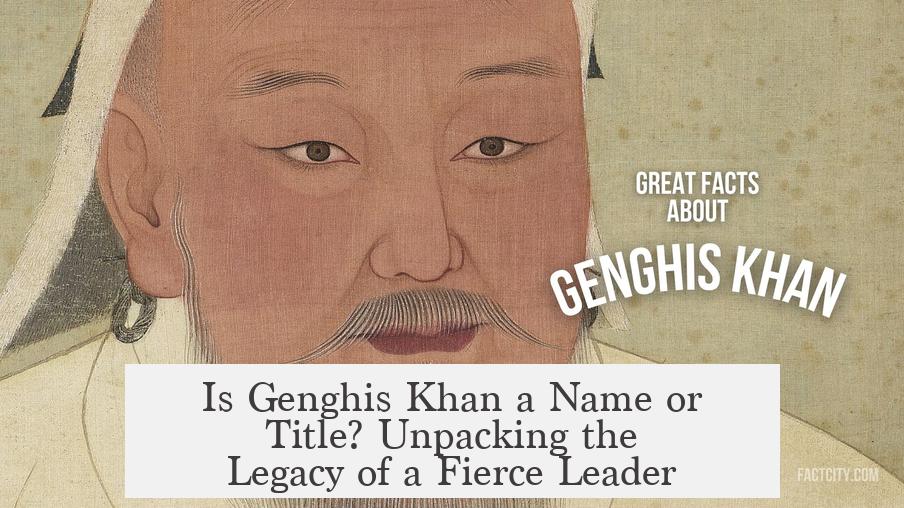
When you hear Genghis Khan, what springs to mind? The mighty Mongol emperor? The world’s largest contiguous empire builder? But what about the name itself? Is Genghis Khan a given name, a title, or something else altogether? Let’s dive into the fascinating story of Temüjin, his rise, and why modern scholars debate what “Genghis Khan” actually means.
First off, here’s the short answer: Genghis Khan is best understood as an honorific title, not a personal name.
Temüjin: The Boy Behind the Legend
Before the world knew him as Genghis Khan, he was named Temüjin. Born around 1162, his birth story is packed with symbolism. According to the Secret History of the Mongols, Lady Hö’elün was pregnant near a river called Onan when Temüjin was born clutching a clot of blood the size of a knucklebone. Quite a dramatic entrance into the world!
Interestingly, his original name, Temüjin, had roots connected to a captive Tatar leader known as Temüjin Üge—ironically tying his identity to a captive rather than a conqueror. Temüjin came from a family with three brothers named Qasar, Qači’un, and Temüge, plus a sister called Temülün. He was the oldest son of Yisügei Ba’atur, whose lineage and battles deeply shaped Temüjin’s early years.
This detail shows us that Temüjin was his birth name. At this point, no “Genghis” or “Khan” were attached. It’s like calling someone “John” before they become a manager or a CEO.
Genghis Khan as an Honorific Title
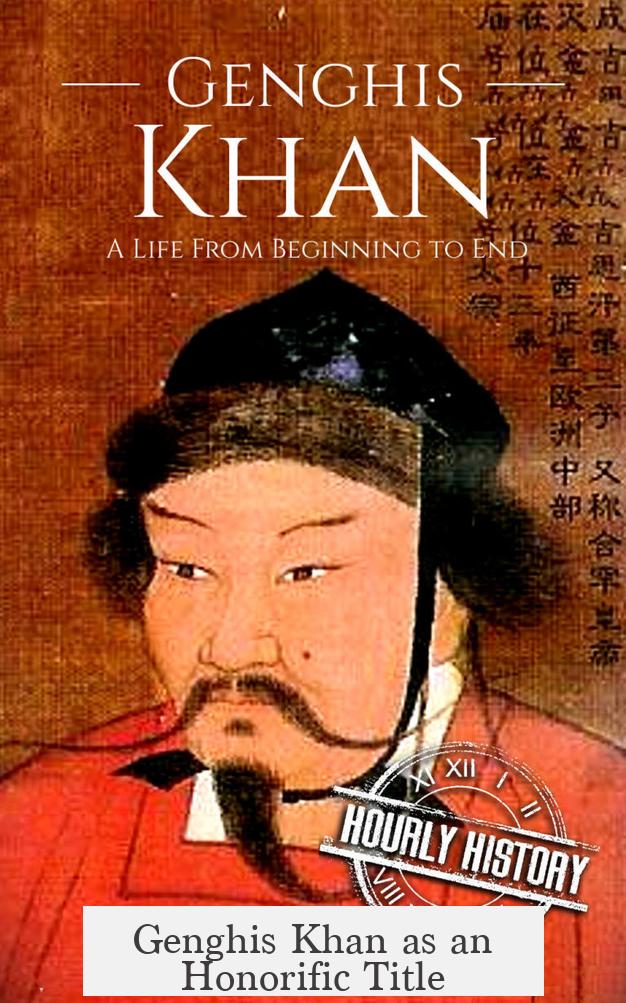
The name “Genghis Khan” popularly sounds like a full name, but that’s a relatively modern assumption. Modern scholars understand “Genghis Khan” as a title comprised of two parts—Genghis and Khan. You probably know Khan from countless history books or movies as the title given to Mongol rulers. But what about “Genghis”?
It turns out “Genghis” is believed to mean “firm,” “strong,” or “fierce.” Combined, Genghis Khan translates roughly to “Fierce Ruler” or “Universal Leader.”
This interpretation became common only toward the end of the 20th century, thanks to scholars like Igor Rachewiltz, who translated the Secret History of the Mongols, and Timothy May, a leading expert on Mongol history. May even titles a chapter of his book “Temüjin Enthroned as Chinggis Khan,” reflecting this honorific view.
Stylistically, it’s like Temüjin graduated from “John Doe” to “Boss John” – the name that signified his authority and achievements rather than the one his mother gave him.
How Did Scholarly Views Change Over Time?
The understanding of Genghis Khan hasn’t always been neat and tidy. Early scholarship treated “Genghis” as a proper name, some more recent works began to regard it as a reframed personal name, but the current consensus favors interpreting it as an honorific title.
Japanese archaeologist Noriyuki Shiraishi’s research shows this shift clearly. In 2007 he leaned toward seeing “Genghis” as a new personal name but not a title. By 2017, after further study, he embraced the idea that it was a personal honorific title used jointly with “Khan.”
This evolving perspective reflects ongoing debates in history—context and interpretation matter. The key takeaway: “Genghis” wasn’t just randomly slapped on Temüjin but was carefully chosen to symbolize his power and role.
Did the Title Pass to His Descendants?
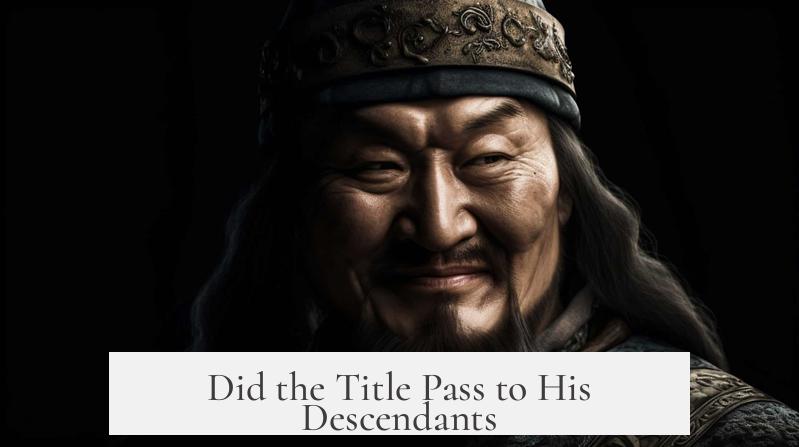
A question you might ask: Did later Mongol rulers inherit the title “Genghis Khan”? The answer is a clear “no.” The title belonged uniquely to Temüjin alone. His successors, including his famous grandson Kublai Khan, used “Khan” but did not call themselves “Genghis.”
This is like how a CEO title might change the company’s culture but isn’t passed down like a family heirloom name.
What Does This Mean for the Modern Reader?
Knowing “Genghis Khan” is a title rather than just a name deepens the appreciation of Mongol history. It emphasizes the importance of leadership and conquest in shaping identity rather than mere birthright. Temüjin was a man who earned a formidable title through his deeds.
For curious minds, it’s a reminder to question the words we often take at face value. What other “names” in history might actually be powerful titles with stories waiting to be uncovered? If we peel back the layers, history often proves more complex and fascinating than it seems.
Summing up: Is Genghis Khan a name or a title?
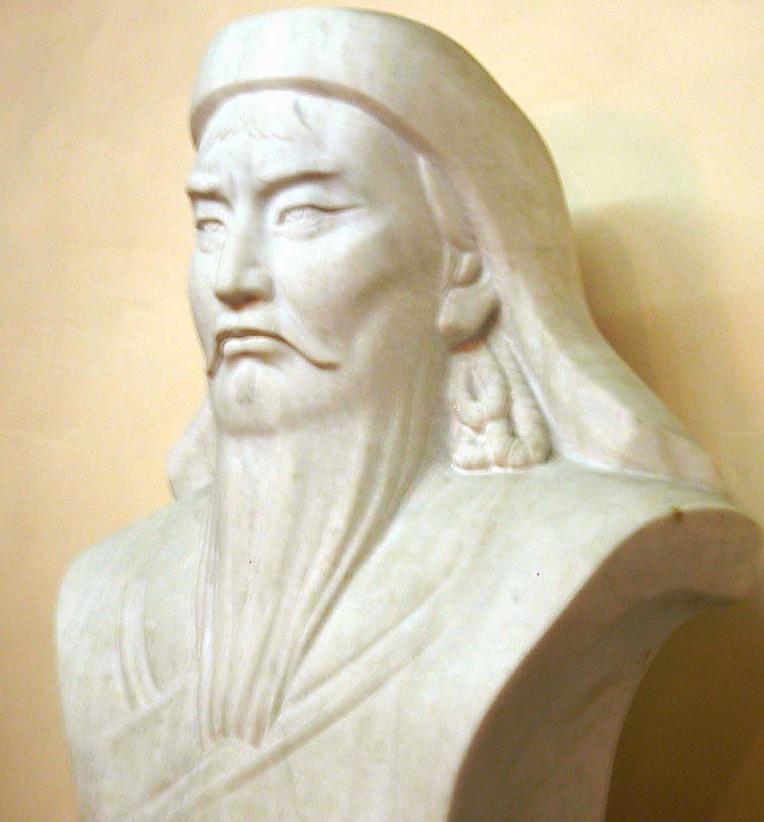
| Aspect | Details |
|---|---|
| Birth Name | Temüjin (given name) |
| Genghis | Honorific meaning “firm,” “fierce,” or “universal leader” |
| Khan | Traditional nomadic ruler title |
| Usage | “Genghis Khan” combines honorific and title; applies uniquely to Temüjin after his rise |
| Inheritance | Not passed to descendants — reserved for Temüjin only |
Ultimately, what we call “Genghis Khan” is a mighty badge of honor, earned by Temüjin through uniting the Mongol tribes and forging an empire. It’s less about birth and more about conquest, leadership, and legacy.
A final thought
Next time you mention Genghis Khan at a dinner party or pull up his story on Wikipedia, remember: calling him “Genghis” isn’t just using a personal name—it’s shouting out to the fierce ruler who changed history. Now that’s a title worth remembering.
